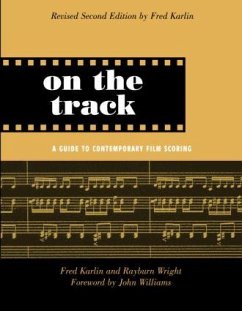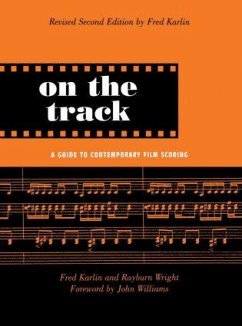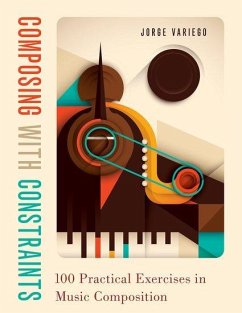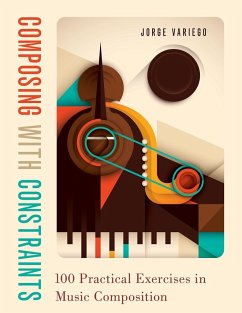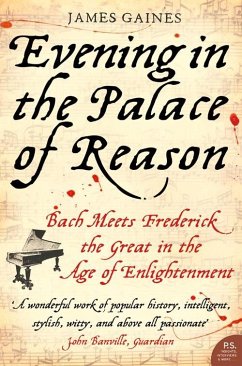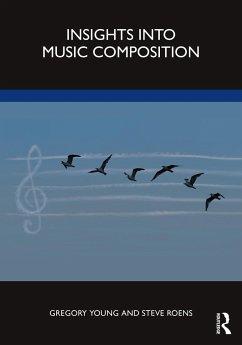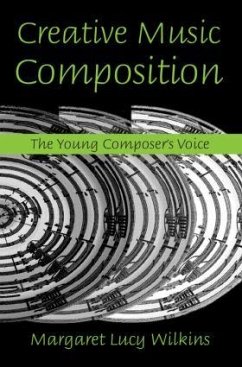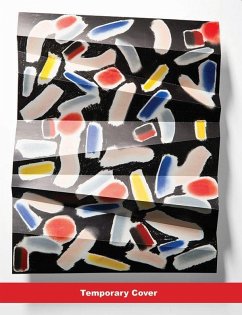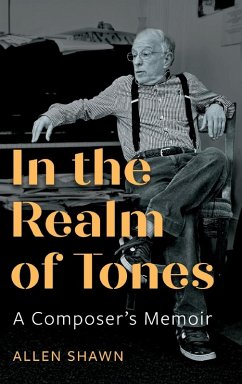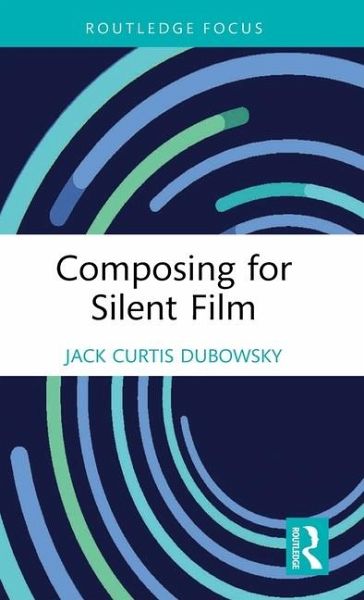
Composing for Silent Film
Versandkostenfrei!
Versandfertig in 6-10 Tagen
58,99 €
inkl. MwSt.
Weitere Ausgaben:

PAYBACK Punkte
29 °P sammeln!
Composing for Silent Film offers insight, information, and techniques for contemporary composition, arrangement, and live score performance for period silent film. A specialized music composition guide, this book complements existing film scoring and contemporary music composition texts. This book helps today's composers better understand and correctly interpret period silent film, and to create and perform live scores that align with films' original intentions, so that audiences notice and grasp fine points of the original film.Composing for Silent Film analyzes period silent film and its con...
Composing for Silent Film offers insight, information, and techniques for contemporary composition, arrangement, and live score performance for period silent film. A specialized music composition guide, this book complements existing film scoring and contemporary music composition texts. This book helps today's composers better understand and correctly interpret period silent film, and to create and perform live scores that align with films' original intentions, so that audiences notice and grasp fine points of the original film.
Composing for Silent Film analyzes period silent film and its conventions - from Delsarte acting gestures to period fascinations and subtexts. As a practical composition text, it weighs varying approaches, including improvisation, through-scoring, "mickey-mousing," handling dialogue, and dividing roles amongst players. It steers composers towards informed understanding of silent film, and encourages them to deploy contemporary styles and techniques in exciting ways.
For clarity and concision, examples are limited to nine canonical silents: Metropolis, Dr. Jekyll and Mr. Hyde, The Mark of Zorro, Sunrise: A Song of Two Humans, The Black Pirate, Nosferatu, The Phantom Carriage, Daisy Doodad's Dial, and The Golem.
Composing for Silent Film analyzes period silent film and its conventions - from Delsarte acting gestures to period fascinations and subtexts. As a practical composition text, it weighs varying approaches, including improvisation, through-scoring, "mickey-mousing," handling dialogue, and dividing roles amongst players. It steers composers towards informed understanding of silent film, and encourages them to deploy contemporary styles and techniques in exciting ways.
For clarity and concision, examples are limited to nine canonical silents: Metropolis, Dr. Jekyll and Mr. Hyde, The Mark of Zorro, Sunrise: A Song of Two Humans, The Black Pirate, Nosferatu, The Phantom Carriage, Daisy Doodad's Dial, and The Golem.





